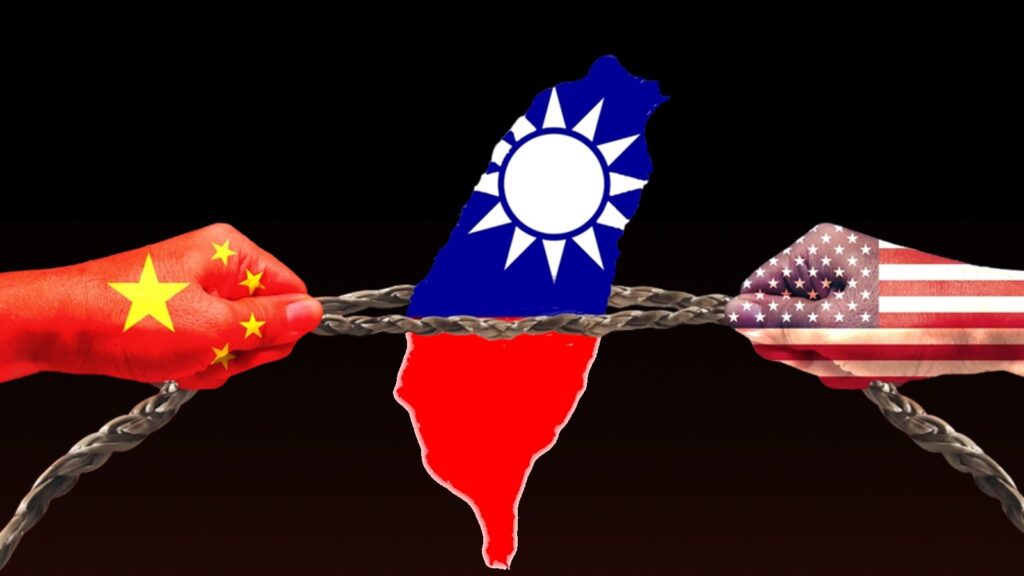China has vowed to take “countermeasures” to safeguard its sovereignty and territorial integrity, condemning a $2 billion arms deal between the United States and Taiwan. The package includes advanced air defense missile systems, such as the National Advanced Surface-to-Air Missile System (NASAMS) and radar technology, marking the first time these systems will be supplied to Taiwan. The deal, which is awaiting Congressional approval, was confirmed by the Pentagon on Friday.
In a statement issued late Saturday, China’s foreign ministry expressed strong opposition to the arms sale, saying it had lodged a “solemn protest” with the United States. The ministry called on Washington to immediately cease its military support for Taiwan, warning that these actions threaten peace and stability in the Taiwan Strait.
“China will take firm countermeasures and do whatever is necessary to resolutely defend its national sovereignty, security, and territorial integrity,” the ministry declared, without specifying what actions might be taken.
Despite not having formal diplomatic relations with Taiwan, the U.S. is legally committed to providing the island, which China claims as its territory, with defense capabilities. The Pentagon’s Defense Security Cooperation Agency announced that the arms package consists of $1.16 billion worth of missile systems and approximately $828 million in radar equipment.
The proposed sale, which includes three NASAMS air defense units equipped with advanced AMRAAM-ER missiles, aims to bolster Taiwan’s military modernization efforts and ensure a credible defense capability. The U.S. defense agency noted that the deal aligns with American interests by contributing to regional stability and security.
Demand for NASAMS has risen after the system’s deployment in Ukraine. Taiwan’s defense ministry welcomed the arms deal, highlighting the missile system’s “proven” effectiveness in Ukraine and its potential to strengthen the island’s air defense in light of China’s increased military activities.
Over the past five years, China has intensified military maneuvers near Taiwan, including recent war games earlier this month. The Taiwanese government, rejecting Beijing’s claims of sovereignty, praised the arms sale as the 17th approved by the Biden administration and reiterated its commitment to defending the island.
China’s foreign ministry, however, condemned the arms package, stating that it “seriously harms China-U.S. relations and jeopardizes peace and stability” in the region. Beijing has not ruled out the possibility of using force to assert control over Taiwan.
Last month, China imposed sanctions on American defense companies in response to U.S. approval of military sales to Taiwan, signaling ongoing tensions between the two nations.



